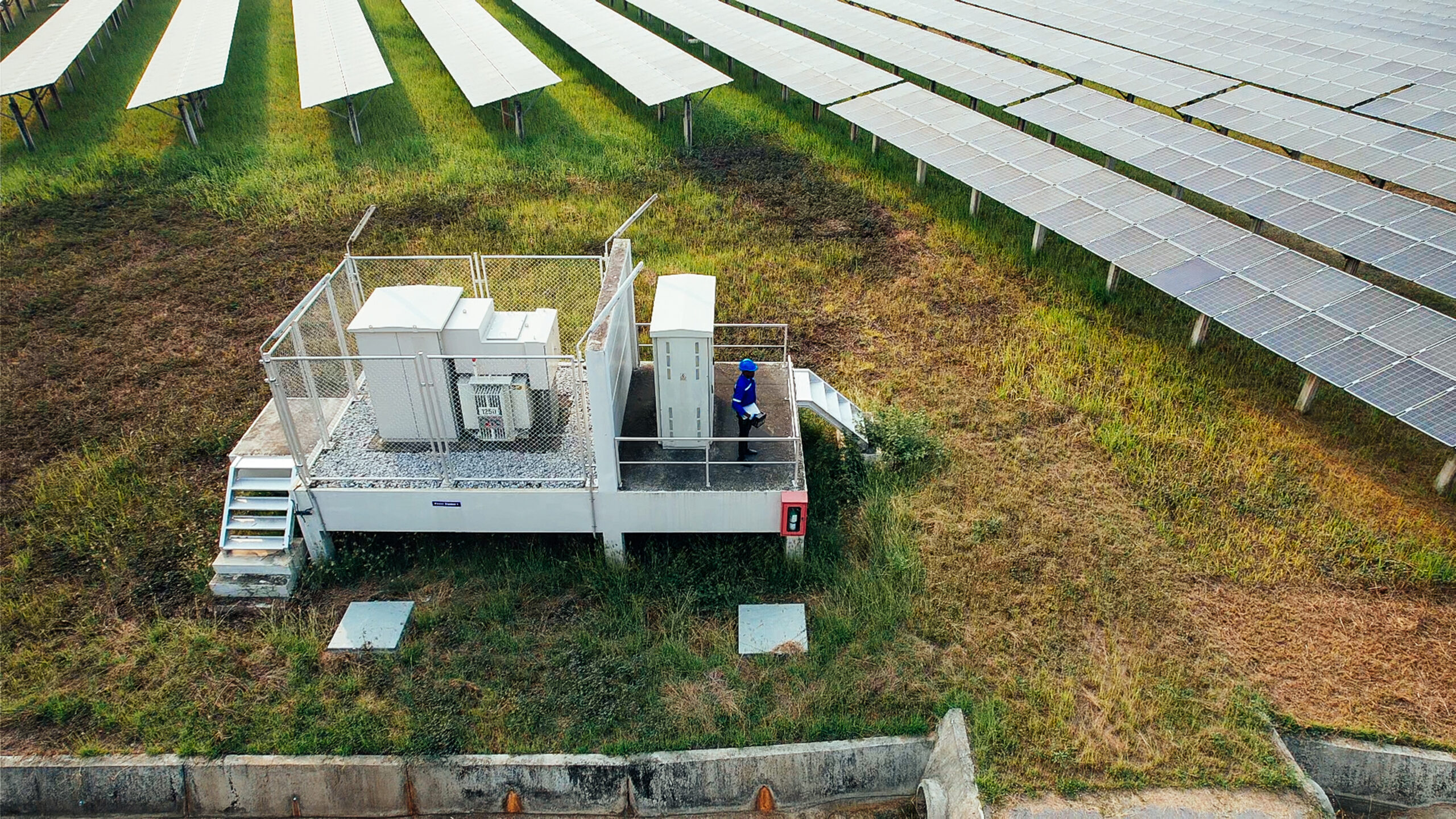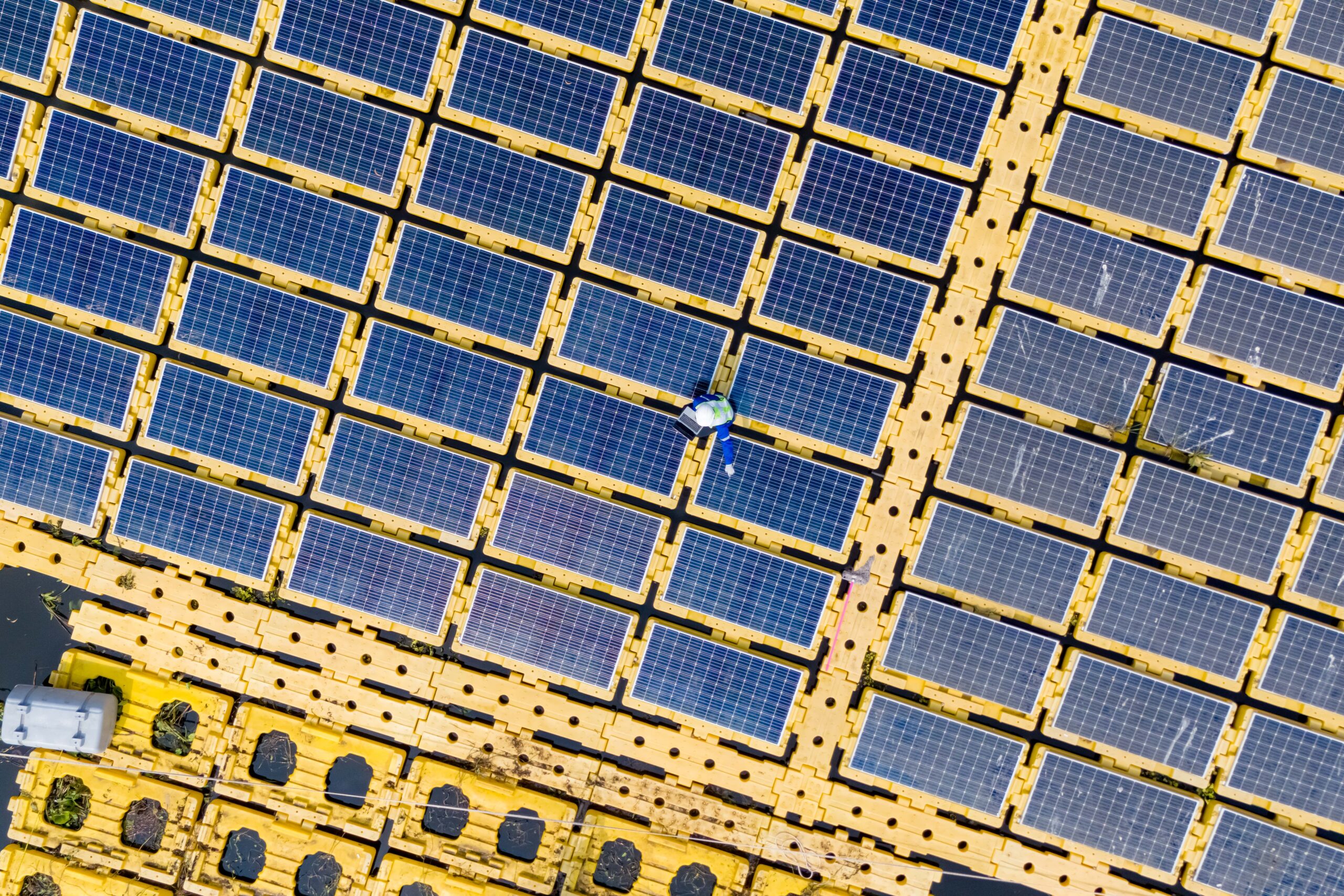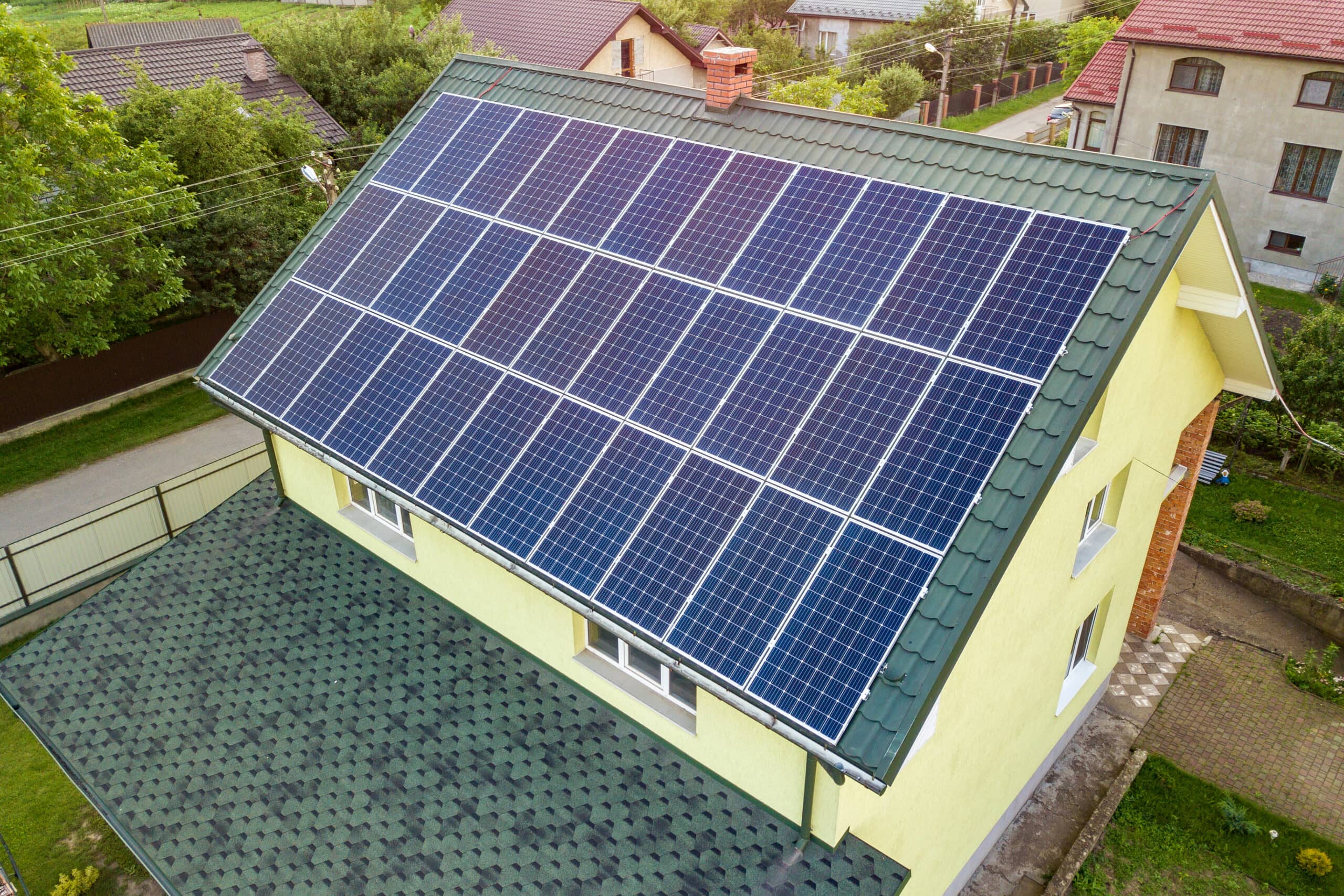In this article, we will compare solar energy systems and generators for home energy. We will explore the significance of selecting the appropriate energy solution based on individual needs, efficiency, cost, and environmental impact. Making an informed decision about the right energy solution is paramount. So, let us embark on this journey together as we examine the world of solar power and generators.
Generators
Generators are devices that convert mechanical energy into electrical energy. They consist of an engine that runs on a fuel source such as gasoline, diesel, or propane and an alternator that generates electricity. When the main power supply fails or is unavailable, generators provide backup power to keep essential appliances and systems running.
Pros of Generators:
- Reliability: Generators are known for providing immediate power during outages. They can ensure that you have electricity when you need it the most.
- Versatility: Generators can power various appliances and systems, from lights and refrigerators to heating and cooling systems, making them suitable for different needs.
- Quick Installation: Generators are relatively easy and faster to install than solar energy systems. You can have a generator up and running in a short amount of time, providing you with backup power right away.
- Quick Response: Generators kick in immediately when the main power supply fails, ensuring you don’t experience interruptions in your daily activities.
Cons of Generators:
- Fuel Dependency: Generators rely on fuel, whether gasoline, diesel, or propane. This fuel dependency means ongoing costs and the need to ensure a steady fuel supply.
- Maintenance Needs: Regular maintenance is necessary to keep generators in good working condition. This includes oil changes, filter replacements, and overall system checks. Neglecting maintenance can lead to breakdowns and reduced performance.
- Environmental Impact: Generators using fossil fuels produce emissions, contributing to air pollution and ecological concerns.
- Noise and Emissions: Generators can be noisy and produce emissions, contributing to noise pollution and environmental concerns.
Generators offer numerous benefits, including reliability, versatility, quick installation, and quick response. However, it’s essential to consider fuel dependency, maintenance needs, noise, emissions, and environmental impact when evaluating its suitability for your energy needs.
Solar Energy
Solar panels are at the heart of solar energy systems. They work by harnessing the power of sunlight and converting it into electricity. Each solar panel comprises photovoltaic (PV) cells, which contain layers of semiconducting material. When sunlight hits the cells, it creates an electric field that allows electrons to flow, generating direct current (DC) electricity. This DC electricity is then converted into alternating current (AC) electricity using an inverter, which can be used to power homes and businesses.
Pros of Solar Energy:
- Renewable and Sustainable: Solar energy is a clean and renewable power source. It relies on the sun, which provides an unlimited energy supply, making it an environmentally friendly choice.
- Cost Savings: While the upfront cost of installing solar panels can be significant, they can lead to long-term savings on electricity bills. You can reduce or even eliminate your reliance on the grid by generating your electricity.
- Energy Independence: Solar energy makes you more self-sufficient and less reliant on external fuel sources. You can generate power and have greater control over your energy needs.
Cons of Solar Energy:
Storage and Backup: One challenge of solar energy is the need for storage solutions, such as batteries, to store excess energy for use during periods of low sunlight or at night. While storage options are available, they can add to the overall cost of the system.
Solar energy offers numerous benefits, including sustainability, potential cost savings, and energy independence. However, when evaluating its suitability for your energy needs, it’s essential to consider the initial cost, weather dependence, and the need for storage solutions.
Comparison and Analysis
Cost Efficiency:
When comparing the long-term costs, generators require ongoing expenses for fuel and maintenance, which can add up over time. On the other hand, while solar energy requires an initial investment for installation, it has minimal maintenance costs and can provide significant savings on electricity bills in the long run.
Reliability and Durability:
Generators are known for their immediate power supply but can be prone to mechanical issues and require regular maintenance. Conversely, solar panels have fewer moving parts and are designed to withstand harsh weather conditions. Properly installed solar panels can provide consistent and reliable power for many years.
Environmental Impact:
Generators powered by fossil fuels contribute to pollution and greenhouse gas emissions, negatively impacting the environment. Conversely, solar energy is a clean and renewable energy source that produces no emissions during operation. Choosing solar panels can significantly reduce your carbon footprint and contribute to a cleaner environment.
Energy Independence and Backup:
Generators provide immediate backup power during outages, ensuring energy independence. However, they rely on a constant fuel supply. Solar systems, however, can provide backup power through battery storage, allowing for energy independence and reducing reliance on external fuel sources. Additionally, solar systems can continue generating power even during grid outages, providing a reliable backup solution.
Regulatory Considerations
When it comes to regulatory considerations for homeowners choosing between solar energy and generators, there are a few essential factors to keep in mind:
Solar Energy Incentives and Rebates: Many regions, including Canada, offer incentives and rebates for solar installations. These can help offset the initial costs and make solar energy more affordable. It’s worth researching local programs and incentives that may be available to you.
Generator Use Regulations:
Some areas have specific regulations regarding generator use, such as noise restrictions or limitations on running times. It’s essential to familiarize yourself with local laws to ensure compliance and consider the impact on your neighbors.
Local Ordinances for Renewable Energy: Certain regions may have ordinances or regulations related to renewable energy systems, including solar. These could cover installation guidelines, interconnection requirements, and safety standards. Understanding and following these regulations will ensure a smooth and compliant installation process.
To get the most accurate and up-to-date information on regulatory considerations, it’s recommended to contact local energy authorities or government agencies or consult with solar energy experts who can provide guidance specific to your location.
Remember, staying informed about the regulatory landscape will help you make informed decisions and navigate any requirements or incentives that may be available.
In weighing the options between solar power and generators for home energy, it’s essential to evaluate your priorities. Solar energy offers long-term savings, environmental benefits, and independence from fluctuating fuel costs, making it an attractive choice for many homeowners. On the other hand, generators provide reliable backup power during outages, ensuring continuity in essential functions.
To make an informed decision:
- Assess your energy needs, budget, and environmental considerations.
- Consult with solar energy professionals and generator experts to explore customized solutions for your home.
- Whether you opt for solar power or a generator, prioritize efficiency, reliability, and sustainability in securing your home’s energy future.
Choosing between solar energy systems and generators for your home hinges on evaluating several critical factors, including cost, reliability, environmental impact, and your specific energy needs. Solar energy presents a compelling case with its long-term cost savings, environmental benefits, and potential for energy independence.




